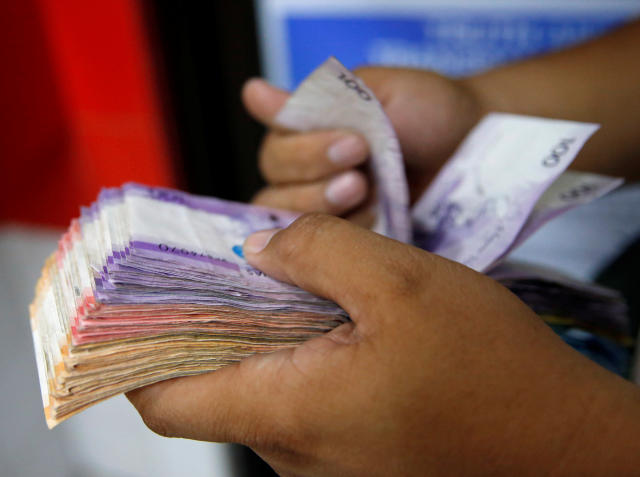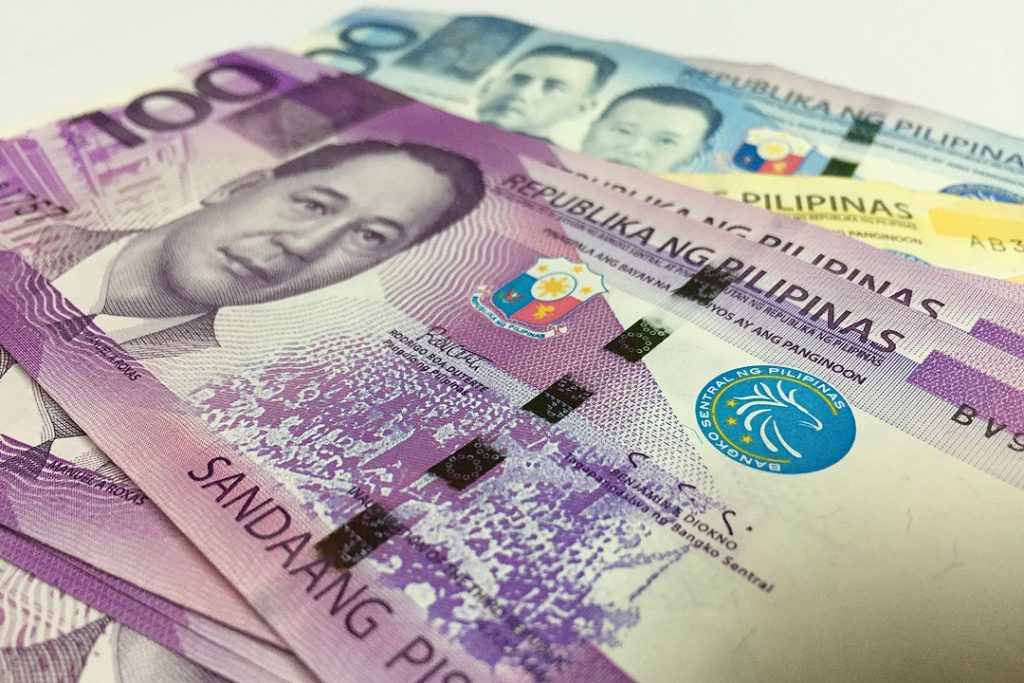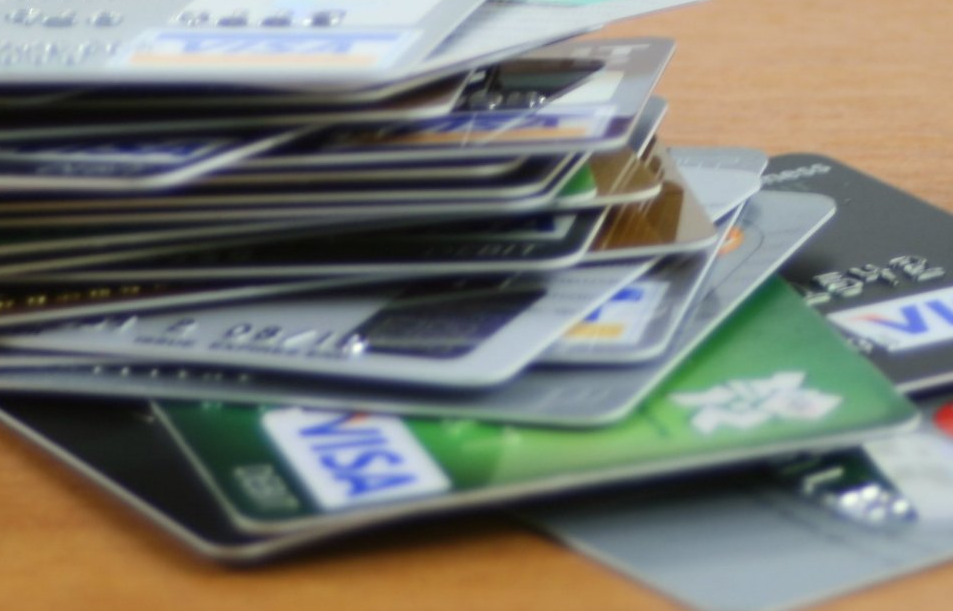In the Philippines, obtaining financial assistance through loans has become a common practice. Whether it’s for personal needs, business expansion, or emergencies, people often turn to loans to meet their financial requirements. However, before diving into the world of borrowing, it’s essential to understand the two primary types of loans available: secured and unsecured loans. Each comes with its own set of advantages and disadvantages, making it crucial for individuals to choose the option that best suits their needs. In this article, we will explore the differences between secured and unsecured loans, their features, and which option might work best for different situations.
What are Secured Loans?
Understanding Secured Loans
Secured loans are a type of loan that requires collateral as security for the lender. Collateral can be any valuable asset, such as a property, vehicle, or savings account. The presence of collateral reduces the risk for the lender, making it easier for borrowers to obtain larger loan amounts and better interest rates.
Types of Collateral Accepted
Lenders typically accept various types of collateral, including real estate properties, automobiles, jewelry, and valuable electronic items. The value and type of collateral accepted may vary depending on the lender and the loan amount requested.
Advantages of Secured Loans
- Lower interest rates compared to unsecured loans.
- Easier approval process due to the reduced risk for the lender.
- Higher loan amounts can be availed.
- Longer repayment terms.
Disadvantages of Secured Loans
- Risk of losing the collateral if the borrower defaults.
- Lengthy application process due to collateral evaluation.
- Limited to borrowers who possess valuable assets to use as collateral.
What are Unsecured Loans?

Unsecured loans, as the name suggests, do not require any collateral. These loans are based solely on the borrower’s creditworthiness and financial capability to repay the loan. Since there is no asset involved, unsecured loans come with higher interest rates and stricter qualification criteria.
Qualification Criteria
To qualify for an unsecured loan, borrowers must have a stable income, a good credit history, and a low debt-to-income ratio. Lenders rely heavily on these factors to assess the borrower’s ability to repay the loan.
Advantages of Unsecured Loans
- No risk of losing collateral, as there is none involved.
- Faster approval process due to the absence of collateral evaluation.
- Accessible to borrowers without valuable assets.
- Can be used for various purposes, including emergencies and consolidating debts.
Disadvantages of Unsecured Loans
- Higher interest rates compared to secured loans.
- Limited loan amounts available.
- Shorter repayment terms.
- Comparison between Secured and Unsecured Loans
Risk and Security
Secured loans offer security to the lender since they have collateral to fall back on if the borrower defaults. On the other hand, unsecured loans pose a higher risk for lenders since there is no collateral involved.
Interest Rates
Due to the added security, secured loans typically have lower interest rates compared to unsecured loans, which carry higher interest rates to compensate for the increased risk.
Loan Amount
Secured loans allow borrowers to access larger loan amounts, while unsecured loans are limited in this aspect.
Approval Process
Secured loans have a more extensive approval process, as lenders need to evaluate the value and legitimacy of the collateral. Unsecured loans have a faster approval process since no collateral assessment is required.
Credit Score Impact
Both types of loans impact credit scores, but defaulting on a secured loan can have more severe consequences as it may result in the loss of the collateral.
When to Choose a Secured Loan?

Home Renovations
Secured loans are an excellent option for financing home renovations. With a valuable asset as collateral, borrowers can secure substantial funds at lower interest rates, making it cost-effective for long-term projects.
Buying a Car
For individuals looking to purchase a vehicle, a secured loan can provide the necessary funds at favorable interest rates, especially for high-ticket purchases.
Business Expansion
Business owners seeking capital for expanding their ventures can benefit from secured loans, as they can acquire significant funds and favorable terms to support business growth.
When to Choose an Unsecured Loan?
Medical Emergencies
During medical emergencies, unsecured loans can provide quick access to funds without requiring collateral evaluation, enabling individuals to cover medical expenses promptly.
Debt Consolidation
For individuals burdened with multiple debts, unsecured loans can be used to consolidate debts into a single, manageable payment, simplifying financial management.
Travel and Vacation
Unsecured loans can be a suitable option for funding dream vacations or travel plans without putting any assets at risk.






Leave a Reply